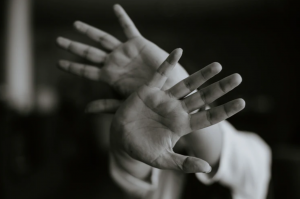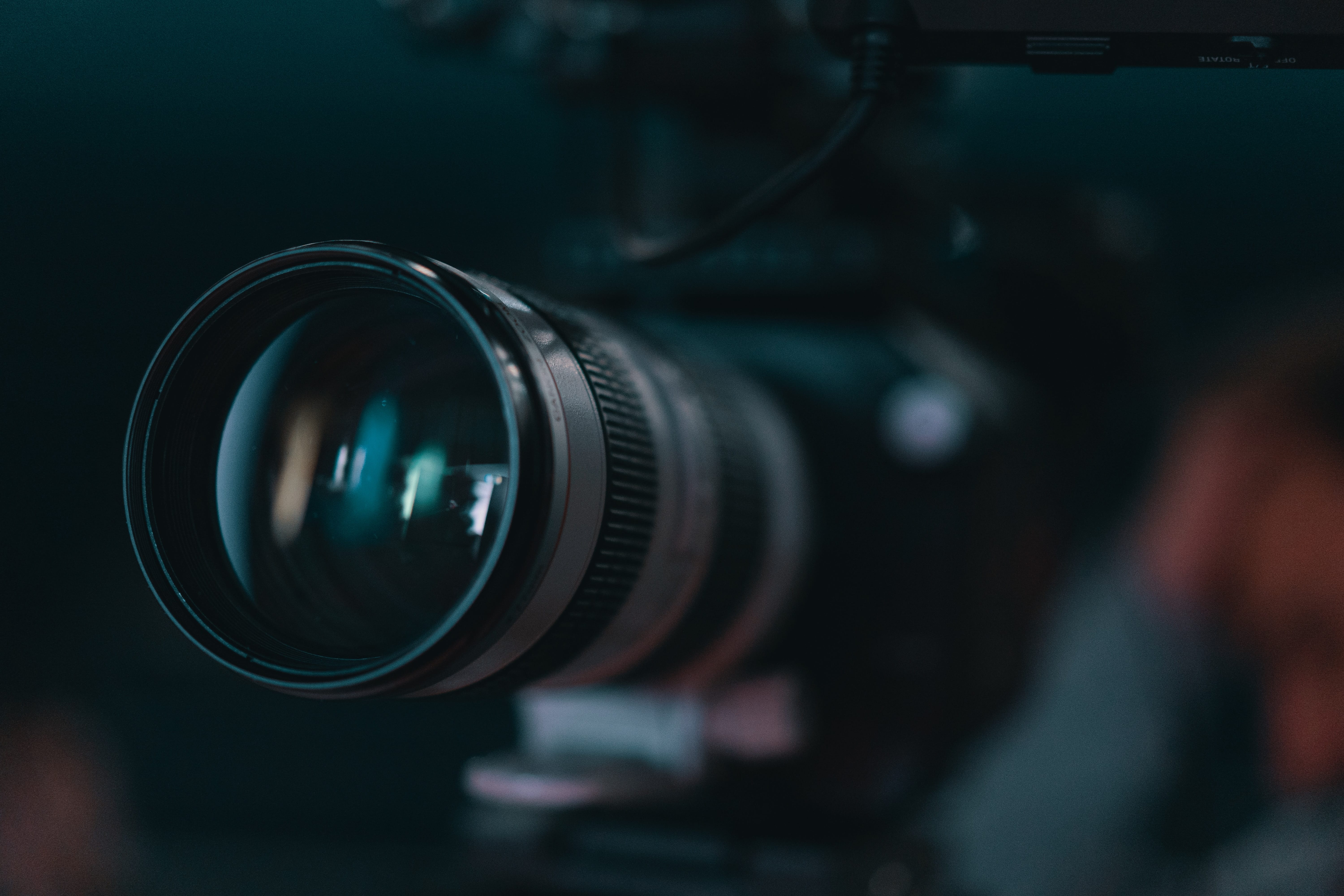A photographer should know the law in their state before they start taking pictures.
It is becoming increasingly hard for photographers to know what they can and cannot do when it comes to legalities. To make matters more complicated, every state has its own set of laws that govern photography. Therefore, photographers need to fully understand the law in their respective state.
In most instances, there are only two ways in which a photographer can be sued: intentional (criminal) conduct and negligence (civil) conduct. Criminal conduct consists of actions that a person clearly understands as illegal but still takes such action anyway. It is also possible for a photographer to be sued for negligently violating certain laws or statutes even if they did not commit any intentional act.
On top of complying with the law, there are other things that photographers need to take into consideration before taking photographs—for example, privacy issues and rights of publicity (when one’s photograph can be used commercially without permission). Knowing about these two areas could save a photographer from being sued in the future.
Dan Doyle Pleasantville photographer and entrepreneur provided us some basic information about each issue along with helpful hints and advice on how to avoid a potential lawsuit.
1) Privacy Issues
Privacy refers to an individual’s legal right not to have their name, likeness or other personal information revealed to anyone else without their permission. This can be violated through unauthorized use of a photograph or video that reveals people’s faces and bodies when they expect such matters to remain private.
Resolution:
If you want to take photographs of someone (e.g., in an exhibition or display), make sure that person has given written consent for the photograph(s) to be taken and displayed. A lot of times you will find this clause printed on official documents such as licenses, entry forms, and waivers—like those found at amusement parks.
Photographers should also be aware that consent will not always be enough protection against privacy violation claims arising from the acts of others. For example, if you have an employee or assistant who takes your photographs but then posts them on social media, you may be held liable for that person’s conduct and for the subsequent privacy violations caused to another person.
Also, if someone asks you not to take their photograph and respect their privacy, do not take such a photograph even if they consent to it afterward. It is always better to be safe than sorry!
2) Rights of Publicity
In general terms rights of publicity are used in legal claims when one’s name or likeness is used commercially without prior written consent by a person.
Resolution:

Photographers need to take care in photographing or videotaping the likeness of a person for any purpose, including commercial purposes. They should also understand that they may be liable even if they unknowingly took someone’s photograph without their permission (i.e., accidental infringement). If you are concerned about infringing on rights of publicity, then you can simply ask for permission from each subject prior to taking their photograph and make sure to display your model release form before anyone signs it. You may also want to include a clause in all applicable contracts that prohibits you from using contributors’ names or likenesses on promotional materials unless written consent has been obtained beforehand.
3) Criminal Conduct
Photographers may encounter criminal conduct by someone who is angry about the way they were photographed, which resulted in an unflattering or embarrassing image.
Resolution:
If you are going to take portrait photographs of people, it is absolutely important that you understand model releases because they clearly state the scope of rights granted to the photographer for using such images commercially. You will need this contract if someone decides to sue you in the future alleging that they never gave consent for their likeness to be used commercially (e.g., on websites, marketing materials, etc.).
4) Photographers’ Liability Insurance for Lawsuits
When a photographer or videographer is sued, the subject(s) in their images may claim that they suffered harm as a result of the publication of such images. In this regard, it is always prudent for photographers to seek professional advice from a lawyer before taking photographs and videos of individuals.
Resolution:
Any photographer can get liability insurance for bloggers and online publishers that protects them from some type of claims arising from the photographs they have taken. However, keep in mind that you will need to pay a very considerable amount before purchasing this coverage. Furthermore, it is important to note that all lawsuits are different in nature and may require unique planning depending on specific circumstances. Therefore, I highly recommend that you obtain legal counsel first to deal with whatever situation you encounter.
5) Contractual Agreements
Ensure that an agreement is reached between yourself and any party or parties involved as soon as possible before the shoot commences.
For example, if a professional model releases you from any liability, you would want to make sure that they sign a contract agreeing to this. You also need to specify the number of photographs that will be taken and how they may be used in your advertising.
Resolution:
When you are planning to photograph someone for commercial purposes (e.g., editorial use on websites, marketing materials, etc.), it is always better to have a detailed discussion with the person about what exactly you want them to do and how long it’s going to take because such information will help control your financial risk more effectively.
6) Photo Manipulation
Recently, there are new apps offered on the market for digital editing and manipulation of photographs. In particular, the content-aware tool in Photoshop CS5 allows users to select areas or objects within an image that they would like to remove. The software then automatically fills out any background components without leaving a noticeable gap in the composition.
Resolution:
The process of removing elements from images is called “cloning” and it’s a technique used by many professional photographers today because it has become so popular amongst enthusiasts worldwide. However, keep in mind that if you do not own the copyright to these photos, you need permission from the photographer who took them. They will usually require money for granting you such permission as well.
7) Photographer’s Rights to Repurpose Images
Many digital photo shooters today are interested in repurposing their images by using them on different products without having to take additional photos. So when you find out that someone has used your photos on calendars, postcards, websites, etc., then they may not have actually obtained a model release from the person who was photographed.
This means that it is illegal for the use of such photographs and can cost you time and money to enforce your rights as an owner for any court action related to taking legal action against a company or other individuals who have infringed upon your copyright protection.
Resolutions:
Contact a lawyer for further advice regarding how best to protect yourself from financial losses that may inevitably occur if you do not have a model release form in your possession.
8) Photographer’s Responsibility in a Public Event
In public events, it’s usually illegal for you to take photographs of a crowd without having the permission of event organizers. This is often determined by the size and location of such an event. For instance, if you are filming at or near a concert venue that has over 5,000 attendees, then you need permission from the live music promoters who organized the concert in order to be completely legal about taking pictures/videos.
Resolutions:
Contact your local authorities regarding any laws pertaining to photography and videography at public venues so that photographers can protect themselves from potentially expensive lawsuits down the road. Also contact event organizers where applicable prior getting official permission for shooting video or photography during an event as well. That way you’ll be able to establish clearer boundaries in how you may want to use any footage/photos that were taken during the event.
9) Photographer’s Liability Insurance Concerns
Professional photographers often operate under works-for-hire agreements where clients pay for their services directly upfront through a model release form that grants editors/ownership rights over any content that is used as part of a commercial project. This type of arrangement ensures that photographers will be compensated for their work if they are injured when shooting in a public location.
Resolution:
If you are not operating under such an agreement, then I recommend getting insurance coverage so that you will be covered in case someone gets hurt during your photography shoot and you’ll have to pay any medical bills out-of-pocket while also losing time from your schedule. There are many insurance companies that specialize in the photography and videography industry so choose carefully when finding an affordable plan for your needs.
Takeaway Tips
It’s important to learn about licensing issues beforehand so that you can protect yourself from unnecessary legal costs down the road. You also don’t want to make mistakes that could potentially cause serious harm to innocent bystanders who may get injured by someone else’s carelessness while filming a public activity.
Resolving licensing issues in these ways means that photographers will have better control over what they may be allowed to legally do regarding photography or videography on various levels depending on what type of project they are working on for clients. It’s important to learn the law when it comes to your profession so that you can protect yourself from avoidable lawsuits while safeguarding your reputation as a professional.
A photographer should know the law in their state before they start taking pictures. Some states require a model release form, which is especially important when you are photographing children or people who might be vulnerable without explicit consent. Other states have different laws for commercial and personal use that may not apply to every type of photography.


Join the conversation!